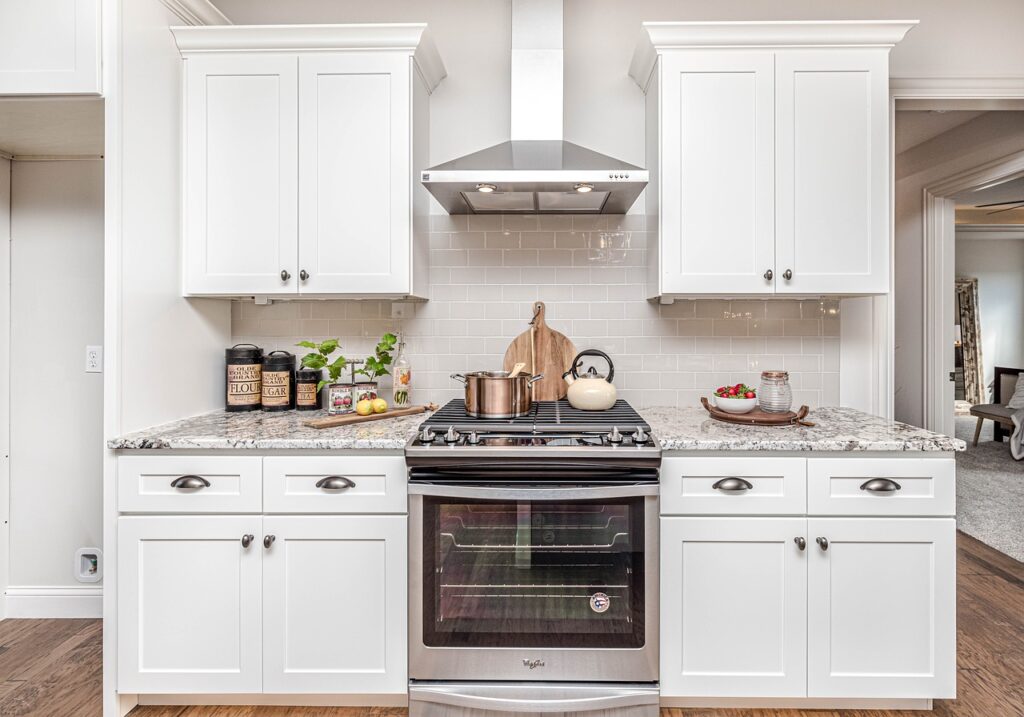The oven is an essential appliance in any kitchen, playing a crucial role in daily meal preparation. Like all appliances, ovens have a finite lifespan and eventually need replacement. Knowing the typical lifespan of an oven, the signs of aging, and when to invest in a new one can save you time, money, and stress. Here’s a comprehensive guide on understanding the lifespan of your oven and how to determine if it’s time for a replacement.
The Typical Lifespan of an Oven
Most ovens, whether gas or electric, have an average lifespan of 10 to 15 years. Several factors can influence this lifespan, including usage frequency, maintenance, and the quality of the appliance. High-end models may last longer with proper care, while more budget-friendly options might need replacement sooner.
Factors Influencing Oven Lifespan
Quality of the Appliance:
Higher-quality ovens, typically from reputable brands, are built with more durable materials and components, leading to a longer lifespan.
Usage:
Ovens that are used frequently, especially for high-heat cooking or baking, may wear out faster than those used occasionally.
Maintenance:
Regular cleaning and maintenance, such as checking seals and ensuring the oven is free from grease buildup, can extend the appliance’s life.
Repairs:
Addressing minor repairs promptly can prevent larger issues that might shorten the lifespan of your oven.
Signs It’s Time to Replace Your Oven
Inconsistent Cooking:
If your oven no longer heats evenly, causing food to be undercooked in some areas and overcooked in others, it may be a sign that the heating elements are failing.
Frequent Breakdowns:
Constant repairs and frequent malfunctions are clear indicators that your oven is nearing the end of its life. The cost of repeated repairs can add up, making a replacement more economical.
High Energy Bills:
Older ovens are often less energy-efficient than newer models. If you notice a spike in your energy bills, it could be due to your oven working harder to maintain temperatures.
Physical Deterioration:
Visible signs of wear and tear, such as rust, cracks, or broken components, indicate that your oven is aging and may need replacement.
Outdated Technology:
Newer ovens come with advanced features like convection cooking, self-cleaning, and smart technology. If your oven lacks these conveniences, upgrading might enhance your cooking experience.
Unpleasant Odors or Smoke:
Persistent odors or smoke, even after thorough cleaning, could indicate internal damage or malfunctioning components that warrant replacement.
Inaccurate Temperature Control:
If your oven’s thermostat is no longer accurate and food doesn’t cook properly at the set temperature, it’s a sign that the oven is failing.
How to Extend the Life of Your Oven
Regular Cleaning:
Clean spills and splatters promptly to prevent them from burning onto the oven surfaces. Use appropriate cleaning products for both the interior and exterior.
Check Seals:
Inspect and replace worn door seals to ensure heat isn’t escaping, which can cause the oven to work harder and wear out faster.
Use Proper Cookware:
Avoid using cookware that can scratch or damage the oven’s interior surfaces.
Prevent Overheating:
Do not block ventilation openings. Ensure proper airflow to prevent the oven from overheating.
Regular Maintenance:
Schedule periodic maintenance checks, especially for gas ovens, to ensure all components are functioning correctly.
When Replacement is the Best Option
While repairs and maintenance can extend the life of your oven, there comes a point when replacement is the more practical and cost-effective choice. Here are scenarios where replacing your oven makes sense:
Cost of Repairs: If the cost of repairs is more than half the price of a new oven, it’s often more economical to replace the appliance.
Energy Efficiency: Upgrading to a modern, energy-efficient oven can reduce your utility bills and environmental impact.
Advanced Features: Newer models offer features like precision cooking, smart technology integration, and enhanced safety, making cooking easier and more enjoyable.
Understanding the lifespan of your oven and recognizing the signs that it’s time for a replacement can help you make informed decisions, ensuring your kitchen remains functional and efficient. Regular maintenance and timely repairs can extend your oven’s life, but when the time comes, investing in a new appliance can offer improved performance, energy savings, and modern conveniences. Keep an eye on your oven’s performance and physical condition to determine the best time for an upgrade, ensuring a seamless cooking experience for years to come.

